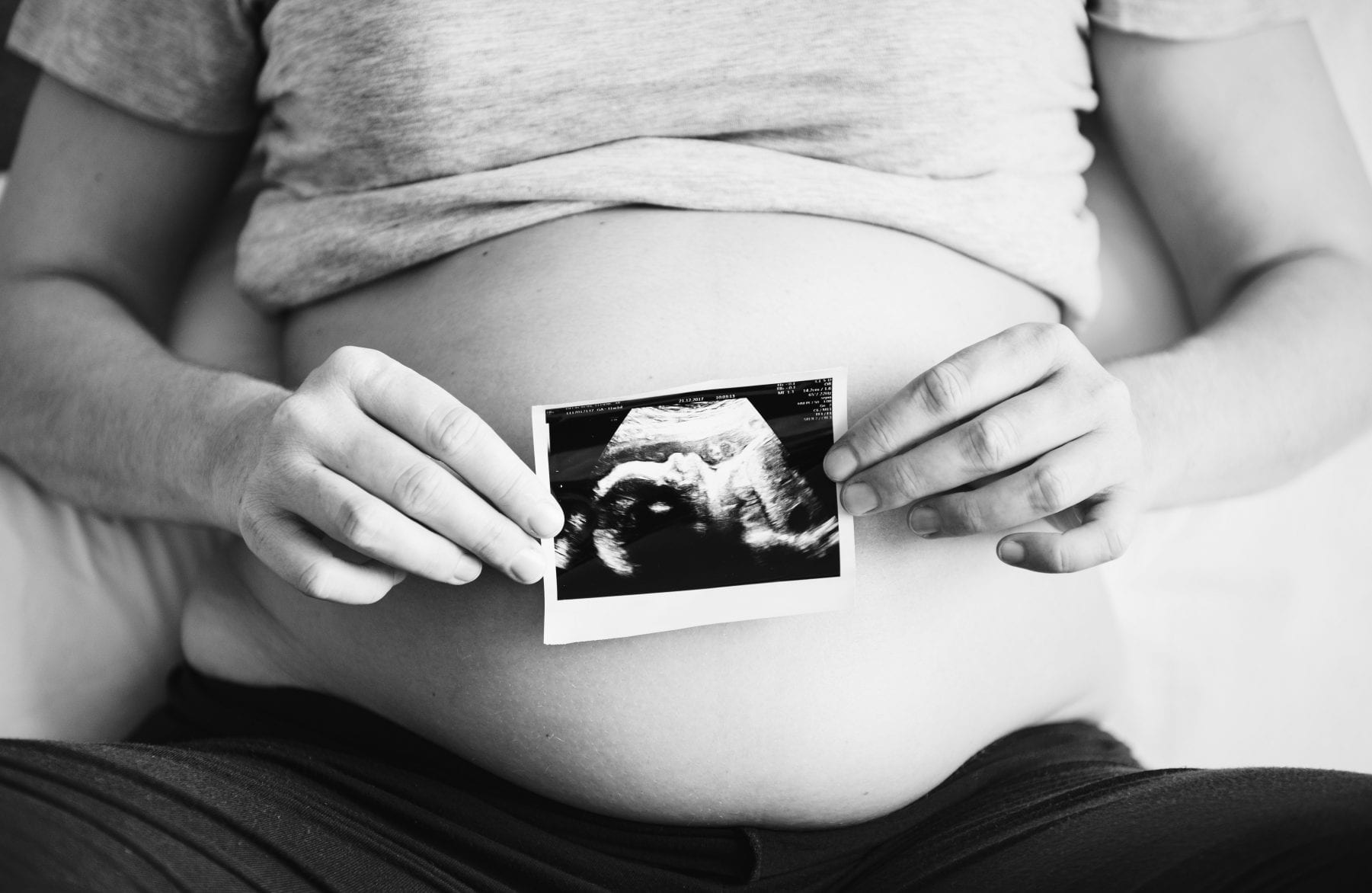
Some women use painkillers during pregnancy to treat health conditions such as back pain. But using painkillers while pregnant can cause problems for both the mother and her baby — especially when these addictive medications are misused. If you become pregnant while using painkillers, talk to your doctor as soon as possible to discuss the risks and benefits of continued use. If you’re pregnant and suffering from painkiller addiction, understand that getting help at drug rehab can reduce the risk for other serious health problems such as neonatal abstinence syndrome, birth defects, and overdose.
Statistics for Painkiller Use During Pregnancy
- Opiate use by pregnant women increased from 1.19 per 1,000 births in 2000 to 5.63 in 2009.
- Rates of neonatal abstinence syndrome in the U.S. increased almost 5-fold from 2000 to 2012 in tandem with rising rates of opiate use among pregnant women.
- Only 37% of pregnant women suffering from painkiller abuse receive medication-assisted treatment using methadone or buprenorphine at drug rehab.
- Every 25 minutes in the U.S., a baby is born suffering from opiate withdrawal.
What are the Risks of Using Painkillers While Pregnant?
Anyone who uses painkillers long-term or in ways other than prescribed is at risk for dependence and addiction due to the way these drugs cause euphoria and cravings. Pregnant women who use painkillers face additional risks since their unborn babies are also being exposed to these substances.
Possible risks of painkiller use during pregnancy include:
- Birth defects of the brain, spine, or spinal cord.
- Birth defects of the baby’s abdomen, where intestines protrude outside the body.
- Problems with the development and structure of the baby’s heart.
- Miscarriage.
- Stillbirth.
- Preterm delivery.
- Low birth weight.
- Placental abruption.
- Neonatal abstinence syndrome.
What is Neonatal Abstinence Syndrome?
Neonatal abstinence syndrome, or NAS, is when babies are born dependent on opioids or other substances used by their mothers during pregnancy. Babies with NAS experience withdrawal symptoms that begin within 3 days of birth, and that can last anywhere from 1 week to 6 months after birth.
Most babies with NAS must recover in neonatal intensive care units so they can be closely monitored by medical staff. Treatments for NAS include receiving fluids to prevent dehydration, drinking higher-calorie baby formula to promote growth, and medication therapy using methadone or buprenorphine to reduce opiate withdrawal symptoms.
Babies born with NAS may experience the following withdrawal symptoms:
- Excessive crying
- Yawning
- Sweating
- Sneezing
- Nasal congestion
- Twitching
- Tremors
- Increased muscle tone
- Poor sleep
- Poor feeding
- Rapid breathing
- Irritability
- Diarrhea
- Vomiting
- Hyperthermia
- Seizures, in 2 to 11% of babies with NAS
How is Painkiller Addiction Treated During Pregnancy?
If you’re pregnant and addicted to painkillers, don’t stop taking opioids on your own without professional help, since doing so can result in severe health problems for both you and your baby. Instead, seek drug detox at an inpatient drug rehab center where you can receive intensive care and medications such as methadone or buprenorphine that reduce cravings and withdrawal symptoms. Pregnant women who suffer from painkiller dependence and who are treated using methadone or buprenorphine can experience a safer, more comfortable recovery, and give birth to babies with less severe NAS, higher weight, and higher gestational age.
America’s Rehab Campuses offer drug and alcohol detox treatments that can help pregnant women safely overcome their substance use disorders. ARC also offers a range of drug and alcohol rehab programs that can be customized to help pregnant women experience a long-term recovery from addiction. If you or a loved one is suffering from addiction, contact us today to begin the treatment process.

